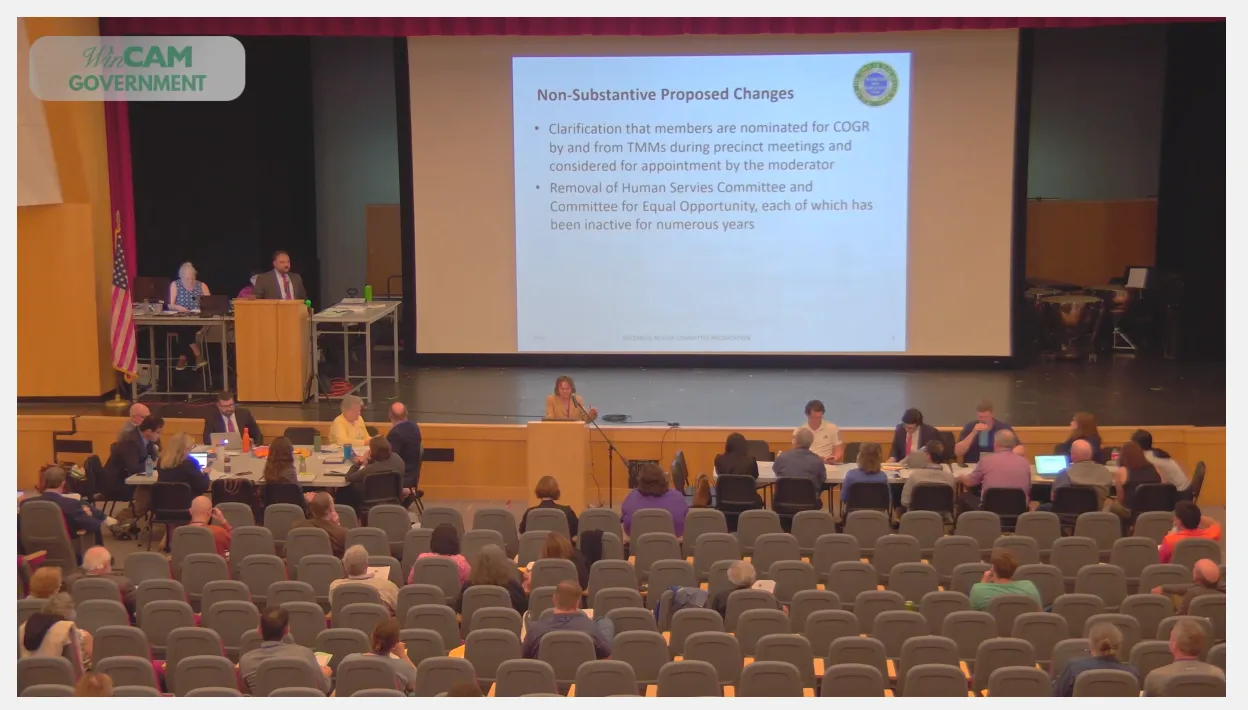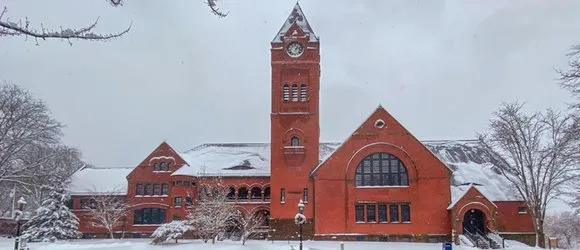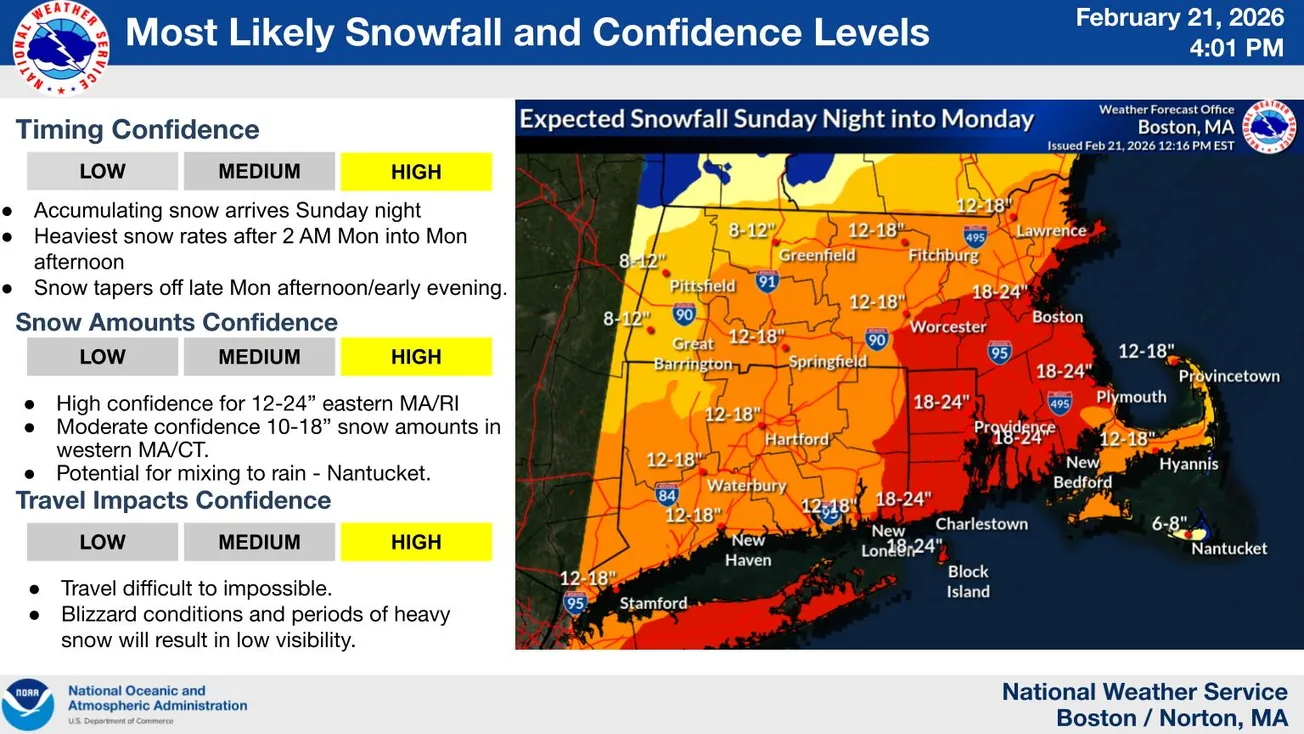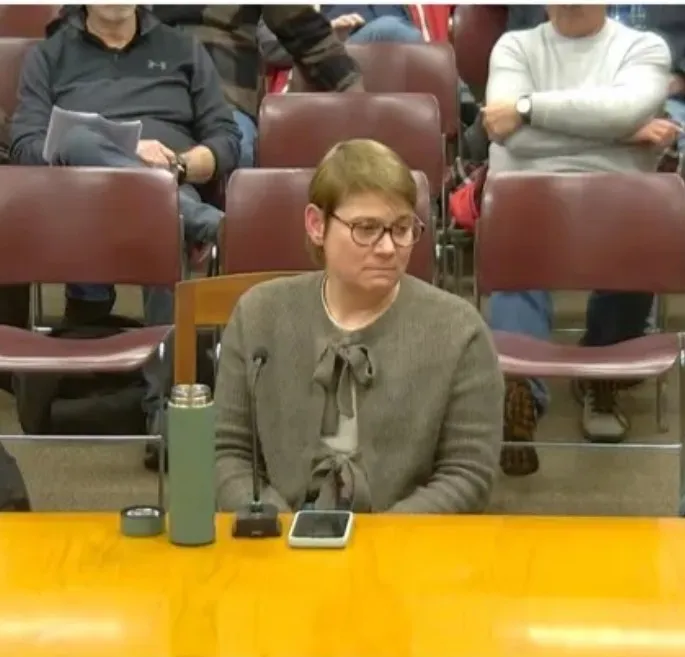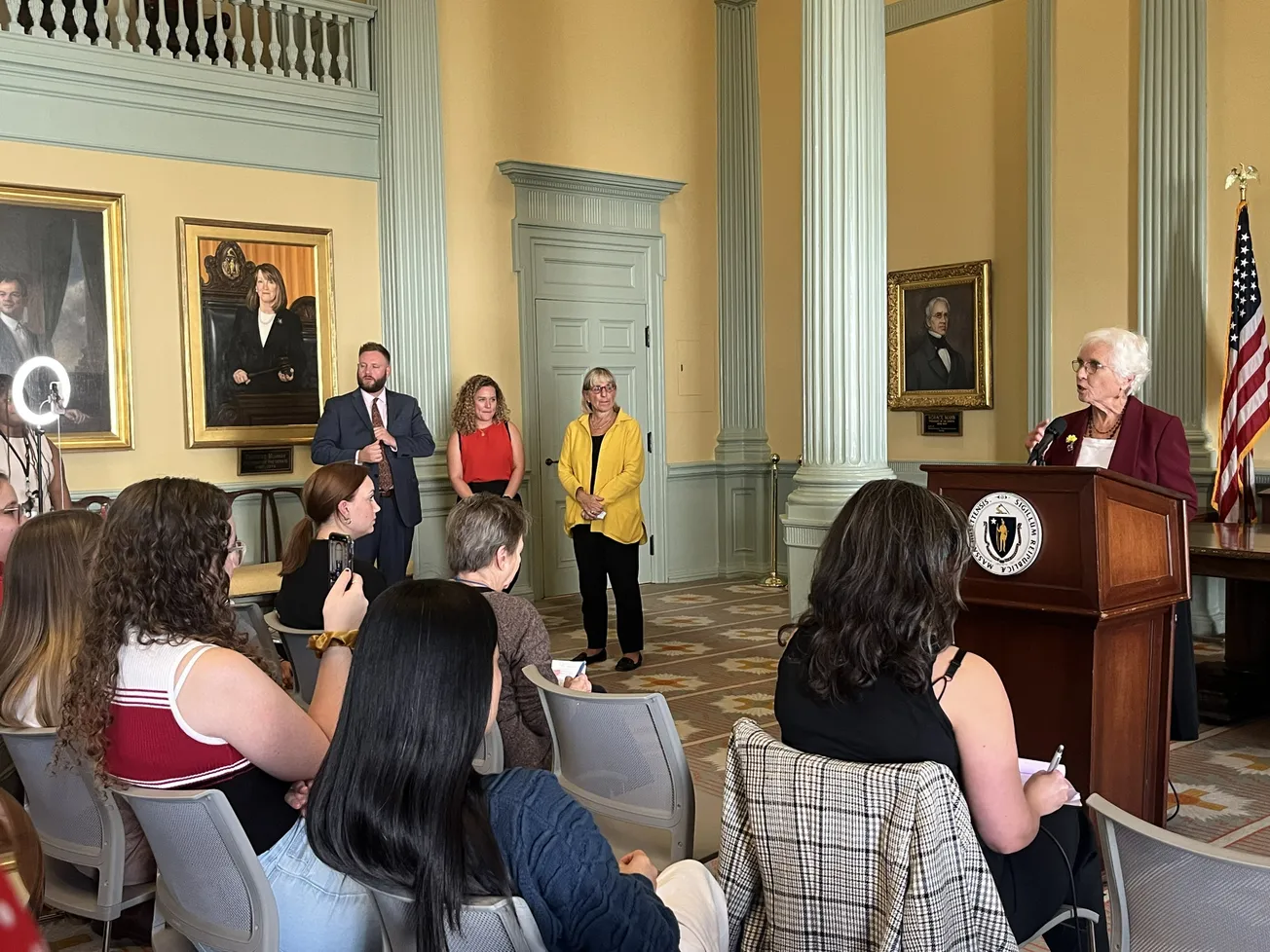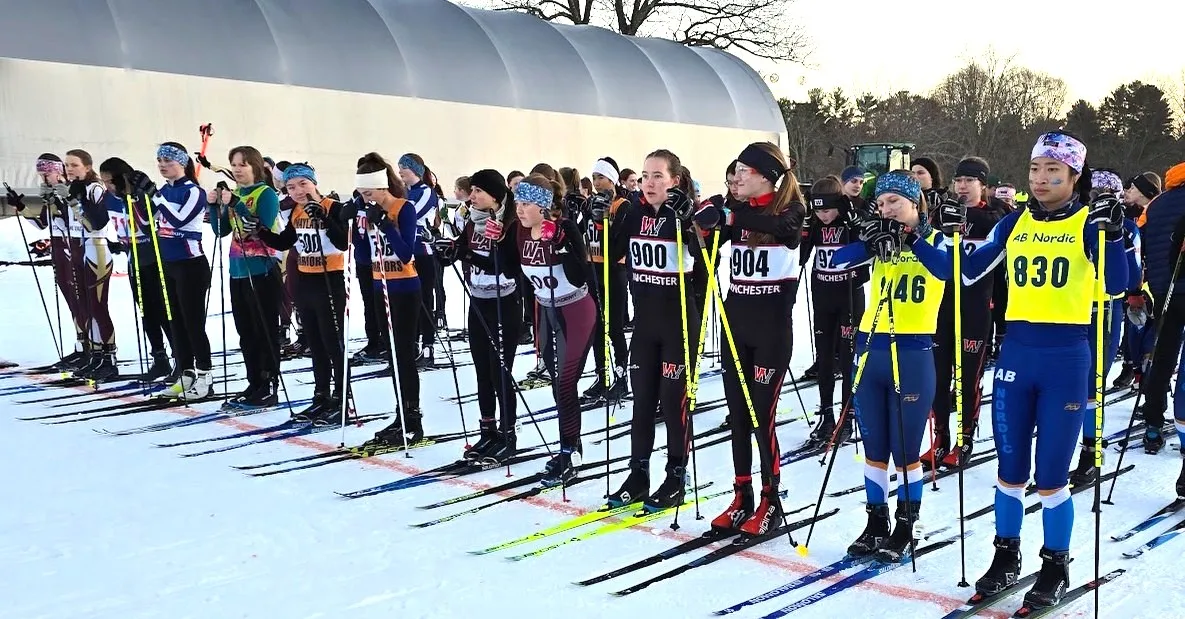Table of Contents
A proposal to restructure Winchester’s decennial bylaw review process will not be considered at the 2025 Fall Town Meeting, its author — Select Board member William McGonigle — told the Winchester News.
His mid-August memorandum outlines significant reforms to address what he called the “cumbersome nature” of the town’s most recent comprehensive bylaw update.
McGonigle’s seven-page memorandum to the Select Board proposes amending bylaw Section 4.3.3 to create an ongoing review system that would examine two bylaw chapters annually rather than attempting to review all 25 chapters simultaneously every 10 years as currently required.

The proposal stems from what McGonigle characterized as challenges that Winchester faced during its 2024-2025 decennial review, conducted by the Committee on Government Regulations after an 18-year gap since the previous review in 2006-2007.
That delay, attributed partly to the COVID-19 pandemic and the project’s scope, contributed to what McGonigle described as confusion and inefficiency.
“This delay undoubtedly contributed to the cumbersome nature of the project,” McGonigle wrote. “As time passed, more language and practices became out of date. Further, the expectations for the project likely swelled — or at least began to diverge between different Town Meeting members, officials, boards, committees, staff and other stakeholders.”
The recent review consumed significant time at the 2025 Spring Town Meeting, with McGonigle noting two and a half hours were spent debating decennial review articles during one session alone, representing nearly half the total meeting time.
Ultimately, he pointed out 19 articles were submitted to Town Meeting, with 15 chapters amended after floor debate and four articles referred back for further study.
Proposed amendment establishes structured timeline
McGonigle’s proposed amendment would establish a structured timeline with several key requirements:
• The Committee on Government Regulations would identify two chapters for review at each Town Meeting.
• Stakeholders would have 45 days to submit proposed amendments.
• The committee would have 45 days before the warrant closes to circulate preliminary reports containing detailed information about each proposed revision.
• Reports would include the current bylaw text, proposed revisions both with and without redlines, identification of the proponent, explanation of the revision’s purpose and town counsel’s recommendations with review dates.
Under Winchester’s Home Rule Charter Section 7-9, the town must conduct decennial reviews “at intervals of not more than 10 years,” though the charter permits more frequent reviews. The Committee on Government Regulations, established under charter Section 8-5(h), consists of eight Town Meeting members appointed by the moderator for three-year terms.
McGonigle argued the reform would create “a more manageable approach for bylaw updates” by allowing better focus on specific chapters rather than requiring simultaneous review of the entire code. He noted the system would provide greater consistency by allowing the committee to work collectively instead of splitting review among disparate working groups.
Reform maintains committee discretion
McGonigle noted that submission of proposed amendments would remain voluntary, as it was during the recent review when other bodies provided feedback only on select chapters.
He also emphasized the Committee on Government Regulations could begin its own review before receiving outside submissions and could manage workload by pairing chapters requiring different levels of scrutiny.
The memorandum includes an example timeline showing how the process would work, using 2025 dates. Under the proposed system, if chapters were identified for review at a May Town Meeting, other boards would have until late June to submit amendments, with the committee circulating proposed changes by early August before a September warrant deadline for November Town Meeting.
McGonigle noted the charter requirement for publishing preliminary reports and holding public hearings at least two weeks later already constrains the timeline, making his proposed deadlines necessary to meet existing legal requirements.
Town Meeting consideration required
The current bylaw review process lacks specific procedural requirements beyond the charter’s basic mandate. McGonigle’s proposal would codify a structured approach while maintaining the committee’s discretion in other areas, such as whether to propose separate motions for individual revisions or omnibus motions for entire chapters.
Since the Fall Town Meeting warrant has already closed without including this proposal, any consideration of McGonigle’s suggested reforms would need to wait for a future Town Meeting. The Committee on Government Regulations would need to review the proposal and decide whether to recommend it for adoption.

